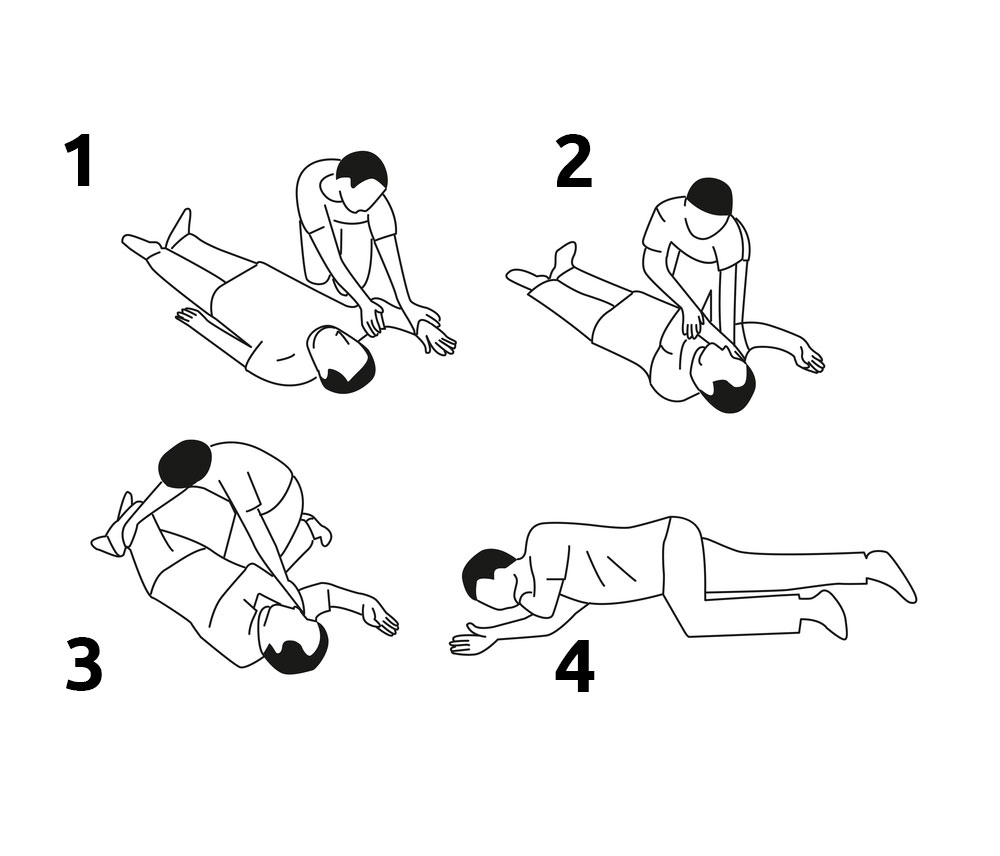It’s a Thursday after exams and you’re at the Nott, celebrating your exams. As usual, there’s always that one friend who has had a bit too much to drink, and you wonder if you should be worried. Turns out they were just taking a quick powernap before their next iced beverage. But that’s not to say the next person over isn’t in trouble.
Everyone has known someone who needed to be helped home after a wild night. But what should you do when somebody has fallen unconscious and you’re worried about them?
Alcohol is rampant everywhere you go: pubs, clubs, house parties, in Aunty Martha’s “fizzy drink”. In fact, it’s been found that the average party goer consumes an average of 7 drinks by 1am on a weekend night. So what does this all mean? Well, medically that means that you’re binge drinking.
Let’s break it down. A standard drink contains 10 grams of alcohol. So how much your beer has in it depends on its alcohol concentration. This is displayed on all alcohol bottles. We’ve summarized the standard drinks for you below; a full list can be found at alcohol.gov.au.
| How much is 10g of alcohol | Standard Drinks |
| 1 Can/Stubbie low-strength beer | 0.8 Standard drink |
| 1 Can/Stubbie medium-strength beer | 1 Standard drink |
| 1 Can/Stubbie full-strength beer | 1.4 Standard drink |
| 100ml of wine (13.5% alcohol) | 1 Standard drink |
| 30ml spirits | 1 Standard drink |
According to the National Guidelines, the recommended limit for men and women is 2 standard drinks. A binge is any occasion where 4 or more standard drinks are consumed within two hours.
So, what happens when your friend goes beyond the recommended limit? You’ve seen (and probably experienced) their slurred speech, foggy thinking, and that overly loud behaviour that many revelers exhibit. But when should you be really, really worried?
Alcohol is a depressant, which means that it interferes with the way your brain functions. This can result in failure of your gag reflex kicking in, and can alter your breathing, leading to dangerous consequences.
If your friend shows any of the following symptoms- call 000!
Often these are serious sign of alcohol poisoning:
- Seizures
- Choking on their vomit
- Unconsciousness or unable to be roused
- Irregular breathing, slowed breathing or no signs of breathing
- Bluish-pale lips, cold clammy skin
- Confusion
It’s important to remember that the only thing that truly helps sober someone up is time. But in the meantime there are things you can do:
- The most important thing is to STAY with your friend.
- Make sure you try and keep your friend awake (perhaps by enticing them with the smell of maccas).
- If at any point they do fall unconscious or look like they’re choking in their sleep turn them onto their side in the recovery positions (see the picture below). This will help open their airway and prevent them from choking on their tongue or vomit. Don’t ever leave someone who is vomiting and if they exhibit any of the serious alcohol poisoning symptoms call 000.

Time for a quiz – True or false?
Beer before liquor, never been sicker; liquor before beer, you’re in the clear FALSE
This is a common misconception. Getting a hangover is dependent on the amount of alcohol you drink rather than the order that you drink it in. In the end it’s about how many standard drinks you take and how quickly you drink them that determines whether you get a hangover.
Forcing yourself to vomit up the alcohol helps you sober up. FALSE.
This is really bad because the gag reflex is impaired when drunk and you can accidentally choke on your vomit. Moreover, by the time you decide to vomit up the alcohol, it’s already in your system and will take quite a while to metabolise. The reason you feel more sober though is because of the adrenaline released from the physical effort of vomiting. Give it 30 minutes though and you might not be feeling so great.
Walking your friend around can work off that alcohol? FALSE.
Only time can overcome the effects of alcohol and dragging your drunk friend around the block can result in trips and falls.
The key guys, is to prevent the worst before it ever happens. Remember to pace yourself; by keeping track of the number of drinks you’ve thrown back, you’ll be sure to be pleasantly buzzed without all the regrets the next morning. The standard drinks table above is helpful to track your drinks, but you can always look at the details on any alcohol bottle as well. Even if you feel like you’re missing out on all the chugging competitions, your wallet (and liver) will thank you by setting a limit on the drinks you buy.
Of course, the number one rule of the game is to NEVER ever drink on an empty stomach. Have a nice carb heavy (if you’re not on a diet) meal with your buds before you head out for a great night. Alcohol is absorbed straight from your stomach lining, and if there’s food there already it will take longer for the alcohol to take effect. Also sorting out a plan to get home can motivate you to reign it in. Knowing you have a bus to catch or a specific time your ride is going to pick you is helpful.
No one’s saying not to have fun, but the next time you get really worried for your friend you’ll know exactly what to do.


